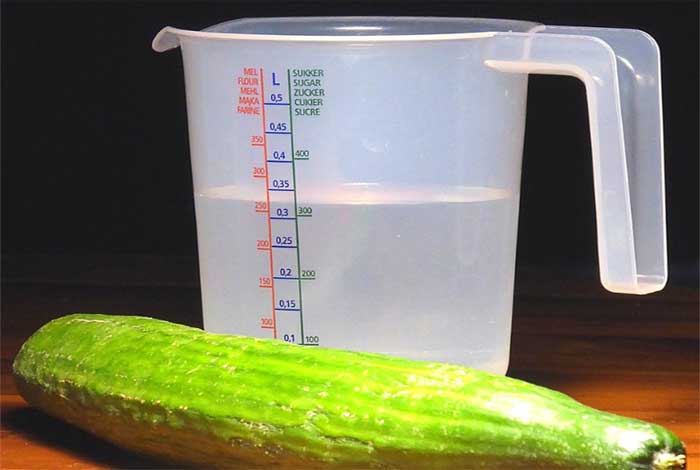Nausea herbs
Nausea is a symptom, not a disease. It is a sick feeling in the stomach that may or may not lead to vomiting.

Nausea can be caused by everything from overindulging in alcohol to liver disease. Depending on what is causing the nausea, most cases can be treated at home with medicinal herbs.
Relieve nausea with mint or ginger.
Peppermint, spearmint, and other mints offer excellent results when treating nausea. Mints are easy to grow and work best when fresh. Eating just a few leaves can stop nausea and other stomach complaints like indigestion and heartburn.
Ginger is also famous for stopping nausea. It is a great way to stop nausea caused by motion sickness. Chew candied ginger pieces, take in capsule form, or drink in herbal tea. For added strength combine ginger with horehound or chamomile.
When treating nausea and headache, add white willow bark to your tea.

Causes of nausea
Nausea can be caused by many things including smoking, traffic fumes, pollution, intestinal parasites, nervousness, prescription drugs, too much alcohol, stomach infections, migraine headaches, inner ear disorders, overindulgence in food, emotional stress, food poisoning, motion sickness, pregnancy, colic, liver disorders, and even heart attack.
Nausea can result from liver problems.
In cases of nausea resulting from liver problems, dandelion or yellow dock tea is a great help. Drink three cups a day for best results.
Nausea during pregnancy
Morning sickness in pregnancy can often be relieved by eating crackers or dry toast. Keep theses snacks beside the bed and eat a few bites before rising for added effectiveness.
Sometimes sucking on ice chips or drinking a little fresh juice can help keep morning sickness under control. Ginger tea is also helpful.
Use catnip for baby's colic.
Baby's colic is often caused by what the mother eats. When nursing an infant, mothers should avoid cabbage, onions, garlic, yeast bread, fried foods, and caffeine.
Do not give cow's milk to babies. In emergency situations try goat or soy milk instead.
Sometimes diluted apple juice with a pinch of turmeric can help relieve colic. Often a little lemon juice and maple syrup mixed with water can soothe and relieve colic pain.
Other remedies include catnip or fennel tea.
Young children (not for babies) may also benefit from a ginger compress applied to the stomach. Use a clean cloth soaked in warm ginger tea and hold gently on the child's stomach until cool.

Old time remedies for nausea
One old time remedy says that an upset stomach can be relieved by eating a cucumber soaked in water.
Another remedy calls for lots of fiber, such as bran or barley cereal.
Yogurt is also recommended to ease nausea.
Treat nausea with deep breathing, acupressure, and massage.
Deep breathing may help nausea in cases due to stress.
Acupressure may also bring good results when treating nausea. Apply pressure to the hollow on the inside of each elbow. Press three times for ten seconds each time. Learn more about alternative medicines here.
Nausea may also benefit from a gentle massage. Rub abdomen with peppermint essential oil, chamomile essential oil, or lavender essential oil blended with good carrier oil.
Activated charcoal can help stop nausea.
Charcoal absorbs poisons in the stomach to bring relief from nausea and cramping.
Stop nausea with cloves.
Cloves are good for stopping nausea. Add one or two drops of clove oil to a cup of chamomile tea. Powdered cloves may be sprinkled on food.
Herbal blends for stopping nausea
A good herbal blend for treating nausea includes milk thistle seed, catnip, yellowroot, and rosehips.
Spices and herbs were once added to foods to prevent food poisoning and nausea. These same ingredients can be utilized today and are found in most American kitchens.
Nutmeg, ginger, cinnamon, turmeric, basil, fennel seed, and cloves can be mixed with water or juice for a great tasting nausea remedy. They can also be added to herbal teas.
Studies on nausea and herbs
Tests have proved that ginger is effective in treating nausea caused by chemotherapy. Clinical trails show that subjects receiving ginger had a significant reduction in frequency and intensity of nausea.
Studies also show that ginger is useful in the treatment of nausea due to pregnancy and morning sickness. Other beneficial herbs include chamomile, pomegranate, spearmint, and lemon.
*Nausea with cold sweats, chest pain, and breathlessness may be signs of a heart attack. Seek professional help immediately. Violent projectile vomiting should also be considered an emergency.
Always consult with a healthcare professional before taking any herbal remedy especially when pregnant or nursing.
Sources:
https://www.ncbi.nlm.nih.gov/pmc/articles/PMC3955640/
https://pubmed.ncbi.nlm.nih.gov/31215276/
Blessings to you and yours!
Thanks so much for reading my blog. Jan.

*Note - the information on this website has not been evaluated by the Food and Drug Administration.
© 2005-2024 website design and content by Janice Boling